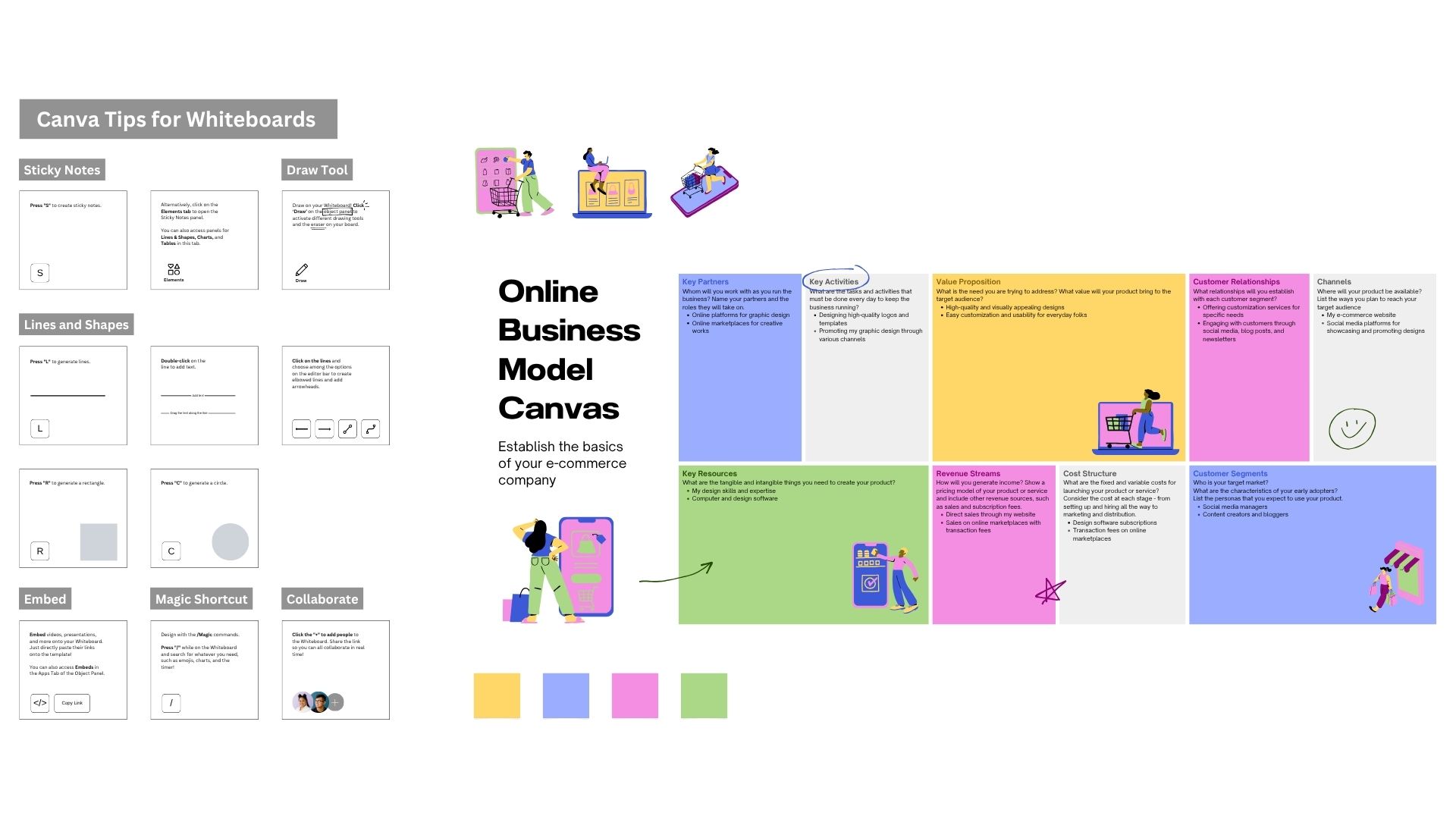
Work With What You’ve Got:
Success doesn’t start with perfection. Turning everyday tools into business fuel starts with resourcefulness—recognizing the power of what’s already in your hands. Whether you’re working with a basic smartphone, free online tools, or your life experiences, your path forward begins by using what you already have to create something meaningful.
See the Power in the Tools You Already Own
You don’t need expensive software or the latest gear to get started. What you *do* need is a shift in mindset. Here’s how to unlock value in your everyday tools:
**Your Smartphone**
* Shoot high-quality videos for content.
* Record voice notes packed with business ideas.
* Run your brand’s social media, answer emails, and connect with the world.
Free Platforms Like Canva & Google Docs

* **Canva** lets you design stunning social posts, marketing materials, and presentations without paying for pro software.
* **Google Docs** allows real-time collaboration, content creation, and document storage—all from anywhere.
* **The Internet Itself**
* Learn anything through YouTube or free online courses.
* Share your expertise via podcasts, blogs, or social media posts.
* Access global markets and tools without ever leaving your home.
Do an Inventory: What Do You Already Have?
Before chasing after more, take stock of what you already possess. The results might surprise you.
* **Your Digital Tools**
* Phone, laptop, tablet, Wi-Fi—these are your launchpads.
* Use them for research, communication, content creation, and marketing.
* **Your Personal Assets**
* Skills like organization, storytelling, problem-solving, or creativity.
* Experiences that taught you valuable lessons.
* A personal or professional network you can reach out to.
👉 **Mini Exercise**:
Grab a pen and paper. Write down:
* All the physical tools you have access to
* Your key personal strengths
* People or platforms you can learn from or collaborate with
Small Steps = Big Wins: Build Momentum

You don’t need a massive launch. Just a starting point—and consistency.
Here’s how small actions can lead to serious progress:
* Record a 1-minute video sharing a tip or insight.
* Create a simple lead magnet or blog using Google Docs.
* Offer a small service using a skill you already have.
* Share what you’re working on—even if it’s still in progress.
💡 **Remember**: Progress doesn’t come from polish. It comes from movement.
Simplify to Amplify: Avoid Burnout and Focus
Trying to do everything is a fast track to burnout. Success loves clarity and focus.
Try this:
* Focus on **one platform**, **one offer**, **one ideal audience** at a time.
* Take **intentional breaks** to recharge and gain clarity.
* Keep your workflow **simple and sustainable**, not overloaded and overwhelming.
* Choose the **essential over the excessive**.
✨ When in doubt, do less—but do it well.
## **Be Real: Show the Journey, Not Just the Finish Line**
People connect with your truth, not your filters. You don’t need to be perfect—just honest and in motion.
* Share behind-the-scenes glimpses of your process.
* Talk about your small wins, lessons, and even your struggles.
* Use your story to inspire others who are starting from the same place.
🗣️ Your journey isn’t just content—it’s connection.
## **Consistency Over Complexity**
The most successful businesses didn’t begin with flash. They began with grit, effort, and a simple plan followed with discipline.
* Don’t overthink your next step. Just take it.
* Show up regularly and refine as you grow.
* Let creativity and consistency guide you—your setup doesn’t need to be fancy.
🔁 **Repeat this mantra**:
Keep it simple. Keep it steady. Keep it going.
**Engage and Empower Others**
The beauty of starting small is that you’re never alone. There’s a community out there waiting to grow with you.
Ways to build engagement:
* Ask others: *What tools or skills are YOU using right now to move forward?*
* Start conversations on social media or in forums.
* Create a space for people to share insights, wins, and encouragement.
🙌 Collaboration fuels creativity.
Don’t just build a business—build a movement.
**Reflect and Reimagine Often**
Growth isn’t linear—it’s reflective. Take time to:
* Review what’s working.
* Let go of what’s not.
* Adapt to what’s next without abandoning your foundation.
Think of your path as a cycle of improvement:
* Try → Reflect → Adjust → Grow.
📈 Innovation doesn’t always require more. Sometimes it just requires *better use of what’s already there*.
Final Word: You’re More Equipped Than You Think
You don’t need to wait for better tools, more money, or a perfect plan. Your phone, your mind, your story—that’s your power.
✨ Be bold enough to start.
✨ Be focused enough to keep going.
✨ Be real enough to lead with what you have.
Now it’s your turn—**what everyday tool or skill are you going to use today to make progress?**

10 replies on “Turning Everyday Tools into Business Fuel”
What a clever perspective on transforming everyday tools into genuine business growth drivers! I especially admire the emphasis on leveraging tools like calendar apps, simple spreadsheets, and communication platforms to build productivity momentum. A couple of questions come to mind that I think many readers would also find compelling:
When recommending everyday tools for scaling a solopreneur venture, have you found that one tool outshines others in terms of ROI or ease of integration?
How would you advise prioritizing tool adoption for those feeling overwhelmed by too many options at once—what’s the essential first step?
Also: do you have case studies or examples where these basic tools unexpectedly unlocked new revenue streams, not just efficiency?
Insights about choosing between free tools and low‑cost paid upgrades would also be exciting.
Hi Slavisa,
Thank you for such a thoughtful comment! I really appreciate your perspective—and you’re spot on about how tools like calendar apps, spreadsheets, and communication platforms can quietly become powerhouses when used intentionally.
Let me dive into your great questions: You know these questions are very good and they require a little more than one or two liners. I’m just saying!
???? 1. Which Everyday Tool Offers the Best ROI or Ease of Integration?
From what I’ve seen, Google Workspace (especially Google Sheets + Calendar) delivers an incredibly high ROI—especially for solopreneurs just starting out. Why?
Low learning curve: Most people already have basic familiarity.Cross-device sync: You can work anywhere—phone, tablet, desktop.Collaboration: Makes it easy to start outsourcing or sharing with a VA when you’re ready to scale.Expandable: You can build lightweight CRMs, tracking systems, and marketing dashboards with simple formulas.
Honorable mention: Canva—especially for entrepreneurs needing to market visually. It bridges that gap between DIY design and polished branding without a big investment.
???? 2. How to Prioritize Tools Without Getting Overwhelmed?
Great question—so many people get stuck here. My suggestion is to follow a “Function First” approach:
Step 1: Identify the friction. What’s slowing you down right now? Is it planning, communicating, tracking, or marketing?Step 2: Solve one issue at a time. Choose a tool that fixes that problem—don’t chase “cool” apps.Step 3: Give it 30 days. Use that one tool consistently and evaluate. If it’s not improving momentum or clarity, pivot.
???? Essential first step: A calendar or task manager. Even a basic digital calendar can be a game-changer for creating time boundaries and structure.
???? 3. Case Studies Where Basic Tools Unlocked Revenue (Not Just Efficiency)?
Definitely! Here are a couple real-world examples:
Google Sheets as a Digital Product: A solopreneur I know created a simple budget tracker in Google Sheets, packaged it with a short tutorial, and started selling it on Etsy and Gumroad. What began as a personal finance tool turned into a $500/month revenue stream.Canva Templates as Passive Income: Another creator started with Canva to design her social media graphics. She later turned those into editable templates for small business owners—and now sells them as digital downloads.
In both cases, the tools weren’t just helping the business—they became the product.
????Bonus Insight: Free Tools vs. Paid Upgrades
Here’s the rule I follow:
Stick with free until you hit a ceiling.
Once the limitations are slowing you down or costing you time (which is money), that’s when a low-cost upgrade becomes a wise move—not an expense, but an investment.
For example:
Canva Free → Upgrade only if you need brand kits, background remover, or resizing.Google Sheets → Free version works for most, but Google Workspace unlocks more storage and collaboration options.
Thanks again for the great questions, Slavisa. If you’d like, I can put together a short list of my favorite “start now, scale later” tools and how to use them with minimal tech stress. Let me know! ????
Absolutely—this hits a powerful nerve. The reminder to simplify, stay focused, and share the real process (not just the polished end result) resonates deeply in a world overloaded with noise and perfectionism. Clarity, honesty, and consistency really are underrated superpowers. What’s one area in your workflow or content that you could simplify today?
Hi Linda,
Thank you so much for your thoughtful comment! I completely agree—clarity, honesty, and consistency are underrated superpowers, especially when we’re building something from the tools we already have. If I had to simplify one thing today, it would be my content planning process—fewer steps so I can put those everyday tools to work faster.
How about you? What’s one area you’re thinking of simplifying this week?
I think this article offers a lot of valuable insights about working smarter, not harder. I like how you emphasize making the most of what you already have instead of waiting to buy expensive tools. Your tips on staying consistent and sharing your journey to success are especially helpful for anyone new to online business. I have a question though, What everyday tool or skill do you think most beginners overlook when starting an online business?
Thank you so much for your thoughtful comment—I really appreciate you highlighting the value of working smarter with what we already have. You’re absolutely right that consistency and sharing the real process are game changers, especially for beginners.
That’s a great question! I think one of the most overlooked tools is the smartphone. Many people see it mainly for calls, texts, or social media scrolling, but it’s actually a powerful business tool. With just a phone, you can:
Record videos or podcastsManage social media postsCreate and edit contentNetwork with potential clients or collaborators
On the skills side, I’d say resourcefulness often gets overlooked. Beginners sometimes think they need to wait until everything is perfect, but learning how to creatively use free tools (like Canva or Google Docs) and problem-solve with what’s on hand can take you further, faster.
What about you—have you found a particular everyday tool that’s been surprisingly powerful in your own journey?
What a great read—your post really captures the essence of building a business using what you already have, and I found your advice both practical and encouraging. I especially liked your “Function First” approach, focusing on solving one problem at a time and testing tools before committing. The way you highlighted Google Sheets and Canva as creative income-generating tools was inspiring and makes the process feel more accessible. I’m curious, what do you think is the most underrated everyday tool or skill that beginners often overlook? Also, when someone feels overwhelmed by too many app options, what first step would you suggest they focus on to get clarity and move forward? Your reminder that success comes from resourcefulness rather than perfection is so motivating.
Thank you so much, Leahrae! I really appreciate your kind words and I’m glad the “Function First” approach resonated with you. It’s so easy to get distracted by shiny new tools, but focusing on solving one problem at a time really does simplify the process.
To your question, I think one of the most underrated everyday tools is actually email. It feels so basic that people overlook it, but learning how to write clear, consistent emails (whether for networking, pitching, or building a newsletter) can have a huge impact. On the skill side, I’d say organization—just setting up a simple system in Google Sheets or even a notebook to track tasks, ideas, or expenses—can make the early stages so much smoother.
When it comes to being overwhelmed from too many app options, I usually recommend starting with the question: “What’s the one result I need right now?” For example, if your immediate goal is to share content, then focus on just one design or publishing tool (like Canva or WordPress) and ignore everything else until that’s consistent. Clarity comes from action, and once you’ve built momentum, it’s easier to decide if you actually need another app.
I’m curious—have you found any simple tool that’s been surprisingly powerful in your own business journey?
Sometimes the best way to move forward is to simply work with what you’ve got. You don’t need everything to be perfect to start making progress. Using the tools, skills, and resources already in your hands can spark more creativity than waiting for the “right” time. Even small steps with what you have can lead to big results down the road. When you focus on possibilities instead of limitations, you’ll find new ways to succeed. Remember, progress doesn’t require perfection—it just requires starting where you are.
Thanks so much, Norman! You really captured the heart of what I wanted this article to get across—progress doesn’t require perfection, just the courage to start with what’s already in your hands. I’ve seen time and again how those “imperfect first steps” often end up unlocking the most creativity and momentum.
I like how you put it: focusing on possibilities instead of limitations. That shift in mindset is often the spark that gets people moving. For you personally, what’s one everyday tool or resource you’ve leaned on recently that’s helped you move forward, even if it wasn’t perfect?